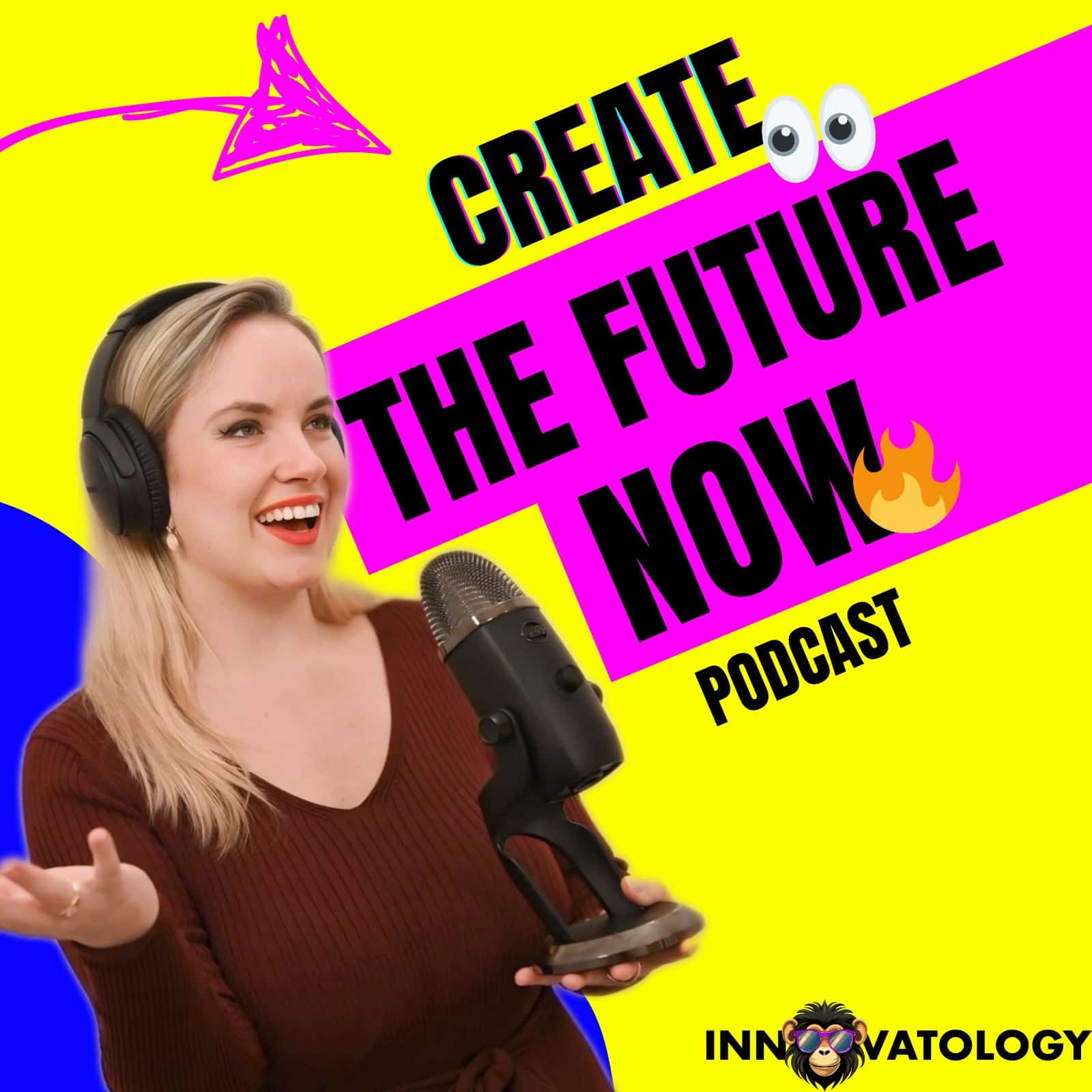Transcript;
00:00:01
All right, so hello and welcome to Create the Future Now, the podcast where we explore the latest innovations in tech, AI, health, and entrepreneurship, and how they’re shaping the world of tomorrow. I’m your host, Marie Zamecnikova, CEO and founder of Innovatology, a company dedicated to helping individuals and businesses navigate the ever-changing digital landscape. At Innovatology, we believe in empowering people to embrace technology and closing the digital gap. Our unique value proposition lies in our holistic approach, combining cutting-edge tech insights with creative solutions. And also, today, we have got a fantastic guest with us to discuss the thinking outside the black box. So, I’m really excited about what this black box will be about and how we will connect it to the world of technology. But then, now, let me introduce you to Zach.
00:01:02
So, Zach, can you please also tell our audience more about yourself and who you are and what you’re doing? Thank you, Marie. And it’s a pleasure to be here, first of all. I’m a data guy, basically, who has done all kinds of work, both in academia and the industry over the past decade and a half or so, since I got my PhD. So, I started as an engineer, a production and manager engineer. Then I did a conversion course for IT, for people who are not in IT to get into IT through the City University of London. And afterwards, I did my PhD in information systems with an emphasis on classification systems, which is a very big part of machine learning. After that, I did a lot of work in research as a post-doc researcher at Georgia Tech.
00:01:52
And then I went to the industry, originally as an SEO specialist. And then afterwards, in data-related roles, like a data scientist, program manager in Microsoft for a year and a half, or almost two years, rather, and data scientist again, and then other data-related roles up until this day, where I’m still in the data field, but more as an entrepreneur, a consultant, a mentor, and a content creator for promoting education in data work. Thank you so much. It’s a really impressive background that you have. And I also have to admit that I also studied University of London. I did my master’s degree there. So we have something in common. That’s nice. But can you maybe introduce our audience into the data field? So like data science, because we hear about it from all different angles, like how important are our data?






